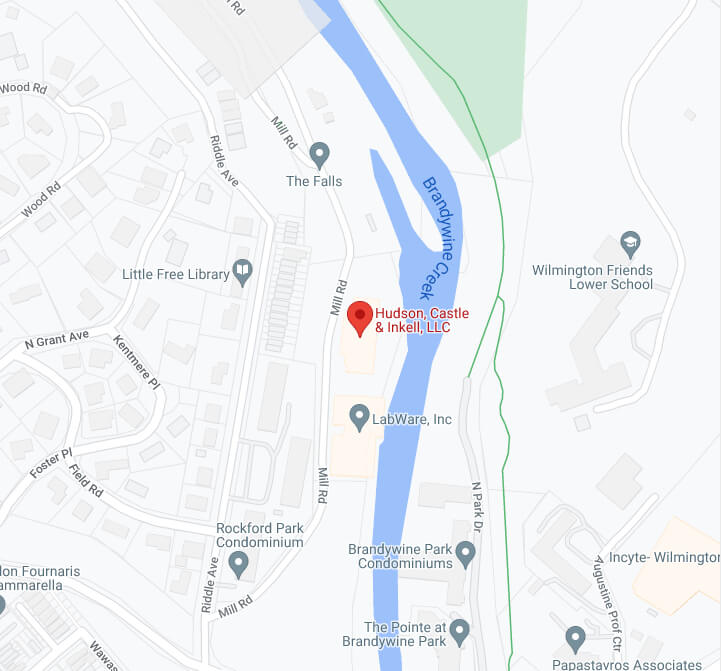Doctors must fully inform their patients about the risks involved in any proposed medical procedure, treatment, or test. A patient has the right to be informed about the potential risks so that they can decide whether to have the proposed medical procedure, treatment, or test. This information must be explained in words that a non-medical person would understand and not just done in writing. The patient must understand these risks as clearly as possible before making their decision. This is what lawyers and doctors term “informed consent.†If a doctor does not get informed consent and a patient is injured the patient may have grounds to sue the doctor for medical malpractice.
Not all risks must be disclosed and the standard for determining whether the risk was important enough to be disclosed can be confusing. Ultimately, it must be proven that the risk was statistically likely enough to have made disclosure worthwhile. In addition, there are times when informed consent is not required, as in emergencies. There may not be time to describe the risks involved in a medical procedure that a physician must perform in order to save a life. Medical malpractice law is highly complicated and the law varies from state to state. It is important to involve a highly trained medical malpractice attorney if you suspect your physician was negligent in acquiring your informed consent. Acquiring informed consent is critical to the law of medical malpractice.
Click here to contact us to schedule a free consultation to see if you have a case.
At Hudson & Castle, we approach each case ethically, honorably, and skillfully, beginning with a free consultation, continuing with the convenience of flexible appointments, and finally, charging you nothing unless we win or settle. . Please call Hudson & Castle at (302) 428-8800 (Monday-Friday, 8:30am- 5:00pm, ET) or contact us, and we will get back to you shortly to discuss your case. Â



